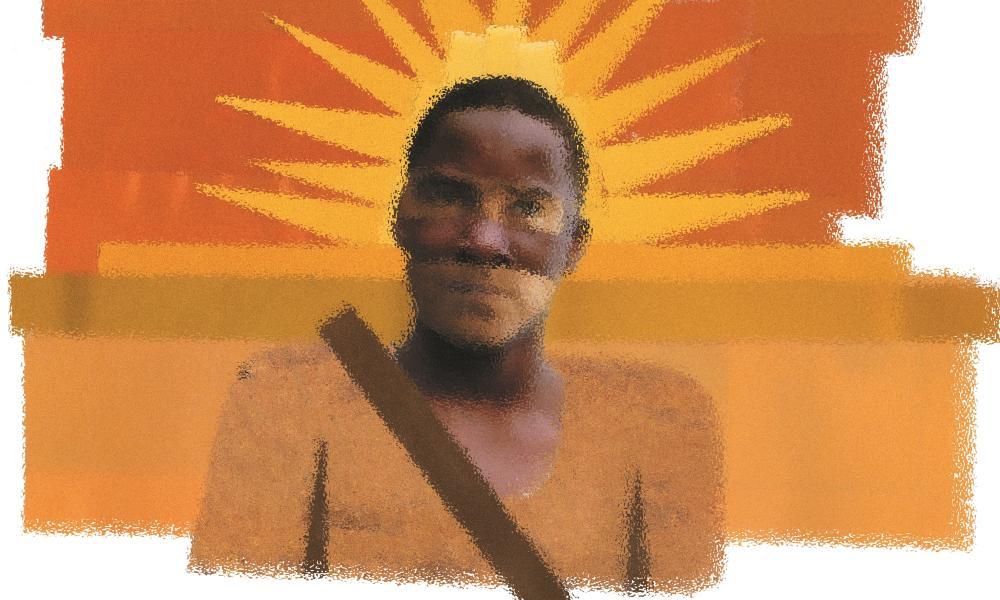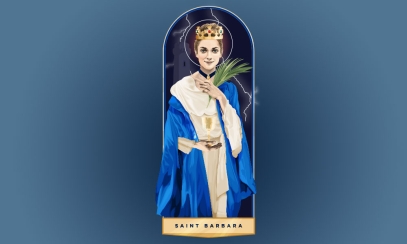
Overcoming Conflict With Charity
Sixteenth-century Peru was not a good time or place to be a multiracial child, but that’s the world St. Martin de Porres (Nov. 3) was born into. The son of a Spanish nobleman and a free Black woman, Martin was rejected by his father because he was too dark-skinned, and by Blacks and Indians in Lima because of his ethnic background. But Martin did not become bitter. Instead, he reached out to others and turned their rejection into respect.
Martin’s father eventually acknowledged his son, and apprenticed him to a barber, where Martin learned to cut hair and also perform the services of a doctor and pharmacist. Even as a young man, he earned a reputation for healing and became well-known among the Blacks and Indians. But as Martin’s fame as a healer spread, so did his desire to dedicate his life to God.
But his decision to enter the Dominican monastery as a lay brother – and not as a religious brother or priest – angered Martin’s father, who wanted his son to aim higher. Martin was happy being a servant in the monastery, sweeping, doing laundry and dishes, and caring for the sick. When some of the brothers insulted him and treated him badly because of his race and low social status, Martin merely smiled or laughed and treated them as friends. Eventually, his humility overcame their derision and they became his disciples.
Although Martin was content with the lowest place in the monastery, the brothers finally convinced him to make his religious profession as a brother. His care of the sick who came to the monastery soon made him famous, and many people were healed by his touch. Martin also went out from the monastery into the street to find people who needed his help. He gave them medicine, bandages, and religious instruction – healing both body and soul.
Not everyone was willing to receive help from the saint, however. Spanish families that had fallen on hard times would rather starve than accept help from a multiracial man. So Martin had a white friend deliver food, clothing and medicine to these families, because he refused to neglect them, even if they rejected him.
Martin’s care and healing extended even to animals. When the brothers at the monastery complained about the rats and mice that were raiding the kitchen stores, Martin solved the problem by setting out food for the rodents – in return for their promise that they wouldn’t infest the monastery kitchens anymore. The rats and mice obeyed him and the problem was solved.
Martin used his healing touch and his wisdom to stop arguments between family members and to mend divisions when his brother monks criticized each other. Because of his humility and piety, people listened to Martin and made up their differences.
By the time Martin reached the end of his life at age 60, people throughout Peru – African slaves, native Indians, and Spanish nobles – were coming to the saint for advice and counsel. The conflicts of prejudice and racism could not stand in the face of Martin’s boundless charity and love for others.
Pope John XXIII canonized Martin de Porres in 1962, and he is considered the patron saint of social action.



